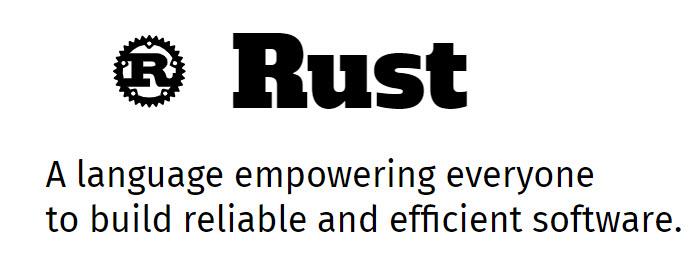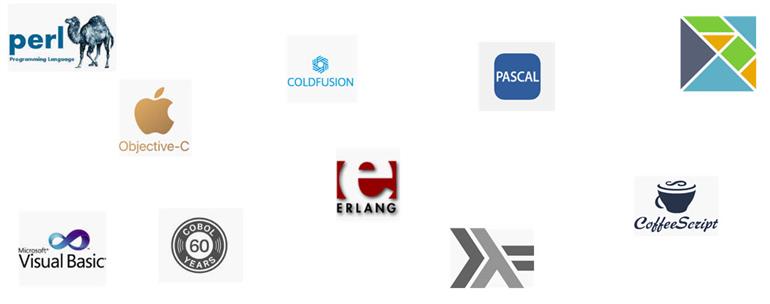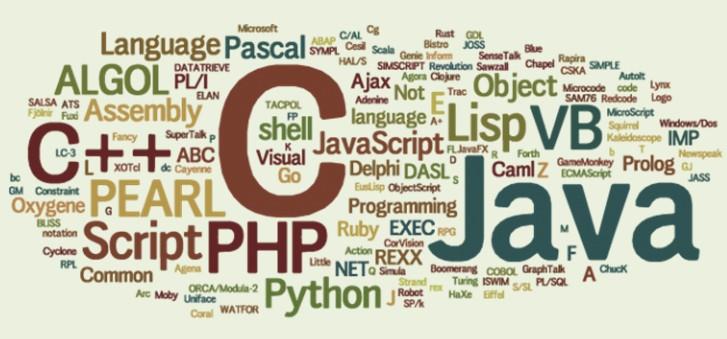Five Things that every programmer should learn

Prodigy with the computer is someone who can understand better how computers work. In older days, programmers had extensive knowledge because they had to back when computers had front panels with switches. They didn’t have the layers of IDE (Integrated Development Environments), optimizing compilers, Interpreters, and continuous integration to save their bacon. If they didn’t build it right from the beginning, it wouldn’t run at all. So, here are the top computer things that every programmer should learn,
Assembler
Most people younger than 50 can’t recognize a statement like move ah, 09h or camp tax, ex. Many probably think that computers naturally demand lots of curly brackets because the major languages use them to delimit blocks of code. Even those who understand that languages like Java or C must be translated into binary often have little to no experience crafting it.
Many older programmers spent their days writing assembler code, the name given to the human-readable version of raw binary machine code. Some could actually convert the assembly code by hand and turn it into hexadecimal bytes. The very best could then flip the toggle switches on the front panel to program the computers.
Sounds and lights
A long time ago, a programmer told me he hated Unix. Why? He started out programming single-user microcomputers like the Altair or the Sol 20 that only ran one block of code at a time.
“A Unix computer will start running something else at any time,” he told me. “You’ll hear the floppy disks start up and you’ll have no idea why.”
This upset him because he was losing a powerful means of understanding what the computer is doing. No one really knows what’s going on in a modern computer. There are countless layers of software running on four or eight cores. Viruses and worms can live forever without the user noticing the lag.
Bitbanging
In the good old days, the programmers would pack as many as eight different Boolean values into one byte. They flipped the individual bits because they didn’t want to waste any of them.
The modern data structures are incredibly wasteful. XML is filled with tags with long names, and each has a matching closing tag with an extra slash. It’s not uncommon to see modern XML files that are more than 90 percent fluff added to meet strict parsing rules.
JSON is considered an improvement because it’s a bit smaller, but only because there are no closing tags -- just curly brackets. There are still too many quotation marks on all the tags and strings.
Binary mathematics
The operations for testing and flipping bits weren’t merely novelties for early programmers; they were necessities. Some operations were so slow that programmers had to look for any advantage they could find. The best was understanding that dividing by two was equivalent to shifting a binary number to the right, like dividing by 10 is the same as shifting a decimal number to the right.
Shifting all of the bits is a standard operation on CPUs, and it was often blazingly fast compared to the basic division. The good programmers used this advantage to writing faster code that didn’t need to wait for multiplication and division when a shift could do the same.
Choose a training provider to learn IT courses
Java training | J2EE training | J2EE Jboss training | Apache JMeter trainingTake the next step towards your professional goals in Information Technology
Don't hesitate to talk with our course advisor right now
Receive a call
Contact NowMake a call
+1-732-338-7323Related blogs on C PlusPlus Programming to learn more

Rust- the most reliable and safest programming language
Rust Programming Language best at performance and safety Rust is an open-source multi-paradigm programming language developed by Mozilla and designed by Graydon Hoare, built to focus on performance and safety. Rust is syntactically similar to C++ b

Top 10 programming languages that will die this year
Here is what you need to see before you go wasting the precious time of yours by learning outdated programming languages. Every year as we turn old, programming languages also turn older and evolve themselves into new coding languages

Non Techies Learn Coding and Basic Computer Skills
The experimental plan was expected of about 20 students to enroll and take part in the Schedule. But, it was a surprise for the administration as the seats got filled immediately and the waitlist roared up to 130.
Latest blogs on technology to explore

Drug Safety & Pharmacovigilance: Your 2026 Career Passport to a Booming Healthcare Industry!
Why This Course Is the Hottest Ticket for Science Grads & Healthcare Pros (No Lab Coat Required!)" The Exploding Demand for Drug Safety Experts "Did you know? The global pharmacovigilance market is set to hit $12.5B by 2026 (Grand View Research, 202

Launch Your Tech Career: Why Mastering AWS Foundation is Your Golden Ticket in 2026
There’s one skill that can open all those doors — Amazon Web Services (AWS) Foundation

Data Science in 2026: The Hottest Skill of the Decade (And How Sulekha IT Services Helps You Master It!)
Data Science: The Career that’s everywhere—and Nowhere Near Slowing Down "From Netflix recommendations to self-driving cars, data science is the secret sauce behind the tech you use every day. And here’s the kicker: The U.S. alone will have 11.5 mill

Salesforce Admin in 2026: The Career Goldmine You Didn’t Know You Needed (And How to Break In!)
The Salesforce Boom: Why Admins Are in Crazy Demand "Did you know? Salesforce is the 1 CRM platform worldwide, used by 150,000+ companies—including giants like Amazon, Coca-Cola, and Spotify (Salesforce, 2025). And here’s the kicker: Every single one

Python Power: Why 2026 Belongs to Coders Who Think in Python
If the past decade was about learning to code, the next one is about coding smarter. And in 2026, the smartest move for any IT enthusiast is learning Python — the language that powers AI models, automates the web, and drives data decisions across ind

The Tableau Revolution of 2025
"In a world drowning in data, companies aren’t just looking for analysts—they’re hunting for storytellers who can turn numbers into decisions. Enter Tableau, the #1 data visualization tool used by 86% of Fortune 500 companies (Tableau, 2024). Whether

From Student to AI Pro: What Does Prompt Engineering Entail and How Do You Start?
Explore the growing field of prompt engineering, a vital skill for AI enthusiasts. Learn how to craft optimized prompts for tools like ChatGPT and Gemini, and discover the career opportunities and skills needed to succeed in this fast-evolving indust

How Security Classification Guides Strengthen Data Protection in Modern Cybersecurity
A Security Classification Guide (SCG) defines data protection standards, ensuring sensitive information is handled securely across all levels. By outlining confidentiality, access controls, and declassification procedures, SCGs strengthen cybersecuri

Artificial Intelligence – A Growing Field of Study for Modern Learners
Artificial Intelligence is becoming a top study choice due to high job demand and future scope. This blog explains key subjects, career opportunities, and a simple AI study roadmap to help beginners start learning and build a strong career in the AI

Java in 2026: Why This ‘Old’ Language Is Still Your Golden Ticket to a Tech Career (And Where to Learn It!
Think Java is old news? Think again! 90% of Fortune 500 companies (yes, including Google, Amazon, and Netflix) run on Java (Oracle, 2025). From Android apps to banking systems, Java is the backbone of tech—and Sulekha IT Services is your fast track t